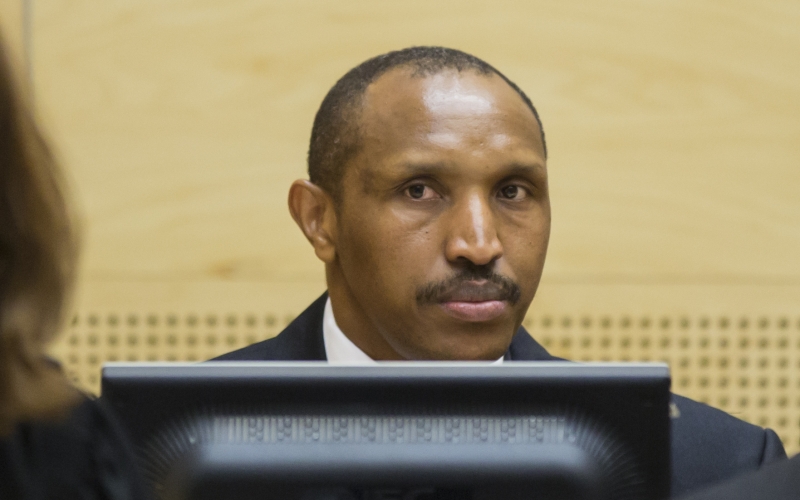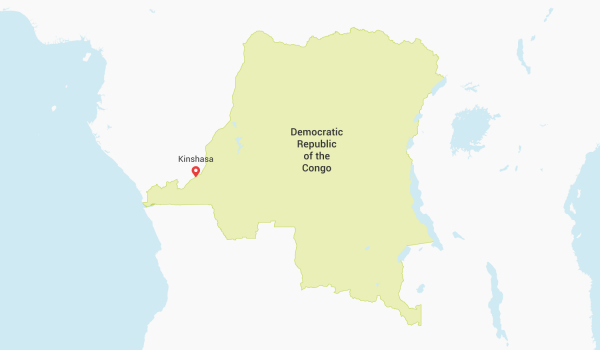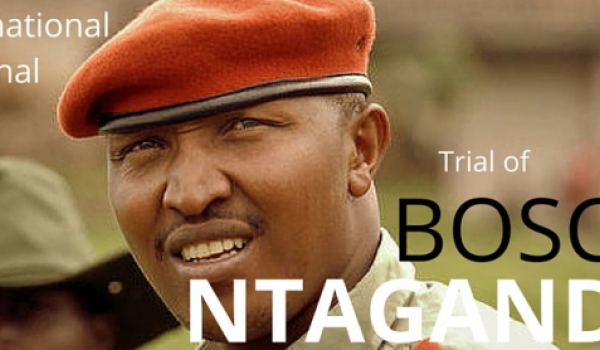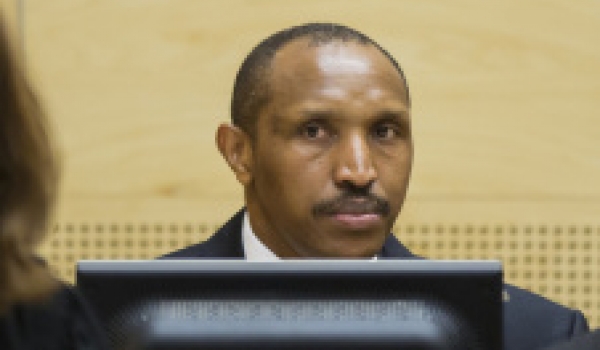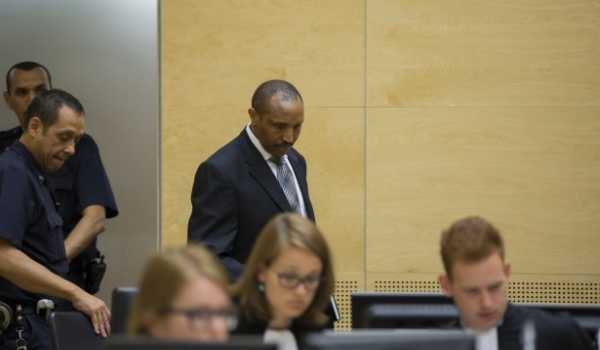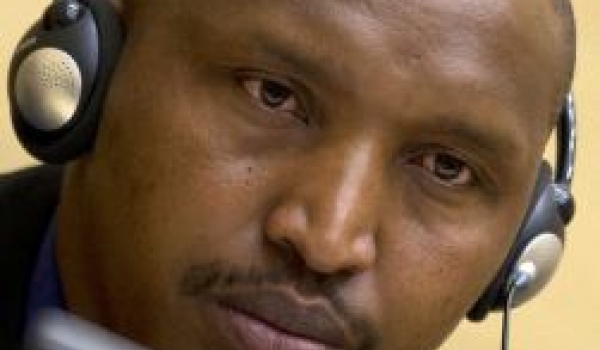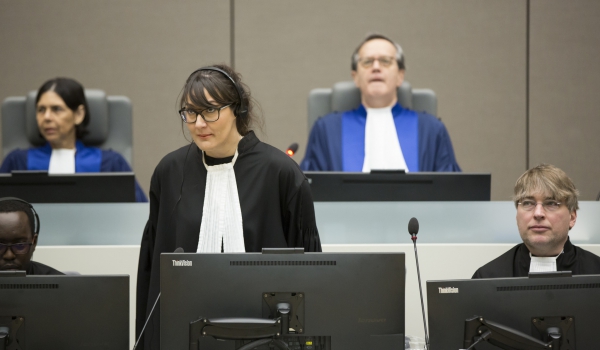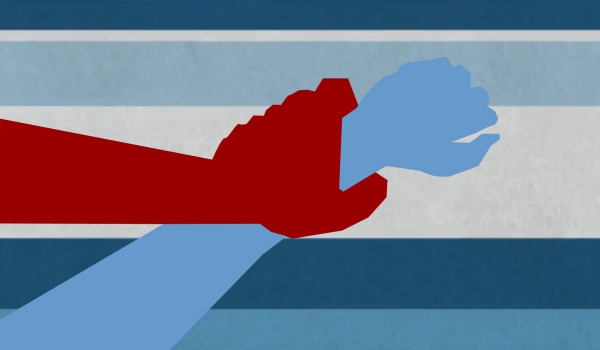Born in Rwanda in 1973, and known as “Terminator” or “Warrior” among his troops for his tendency to lead from the front and directly participate in military operations, Bosco Ntaganda was the leader of several armed rebel groups suspected of committing atrocities in the Ituri region from the late 1990s onwards. In 2009, Ntaganda was made a general in the Congolese army under a peace deal and lived freely in Goma, eastern DRC despite being wanted by the ICC. In 2012, he and several others reportedly led a mutiny and created the M23 rebel group, causing renewed conflict in the region. In 2013, split in this group is reported to have led Ntaganda and his supporters to flee to neighboring Rwanda.
An arrest warrant for Ntaganda was first issued by the ICC on 22 August 2006, followed by a second on 13 July 2012. Ntaganda voluntarily surrendered by presenting himself to the United States Embassy in Rwanda on 18 March 2013, and was on 22 March 2013 transferred to The Hague.
Conflict in Ituri
Ituri is one of the worst affected regions in eastern DRC's prolonged armed conflict. It is estimated that at least 50,000 civilians have died in Ituri since 1999, with 5,000 of these in 2002-03 alone. From 1999, the Hema and Lendu ethnic groups were in conflict in Ituri over land and lucrative gold mines and trading routes. The localized fighting expanded after Uganda backed Congolese armed groups. The Ugandan army together with the Patriotic Forces for the Liberation of Congo (FLPC). militia launched an offensive to control the Ituri capital of Bunia, allegedly adopting an organizational policy to attack non-Hema civilians.
In 2002-03, Ntaganda was deputy military head of the FLPC. According to the ICC Office of the Prosecutor (OTP), this role made Ntaganda the third-highest rank in the FPLC and a direct subordinate of the then commander-in-chief Thomas Lubanga Dyilo.
